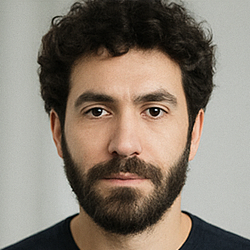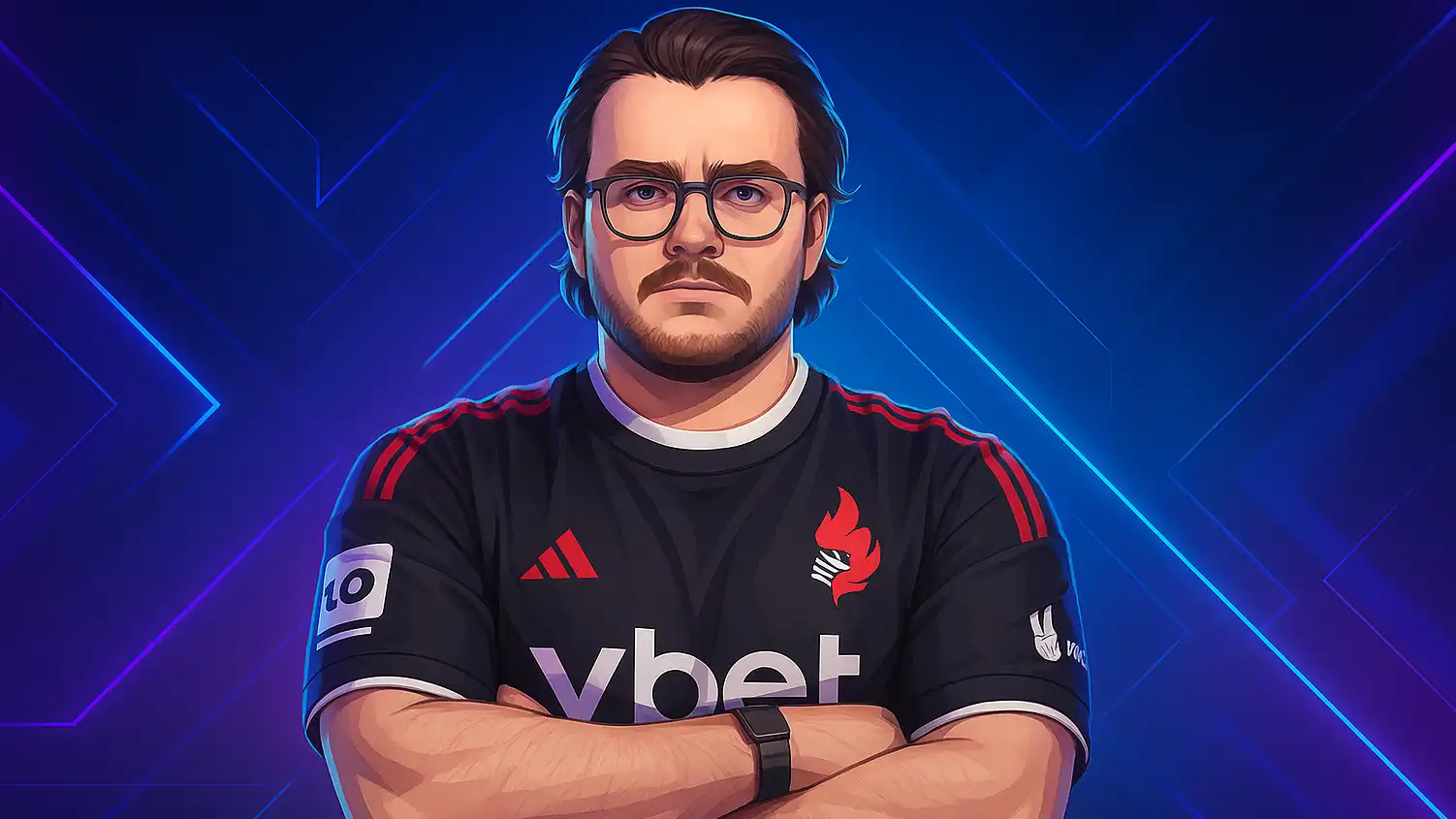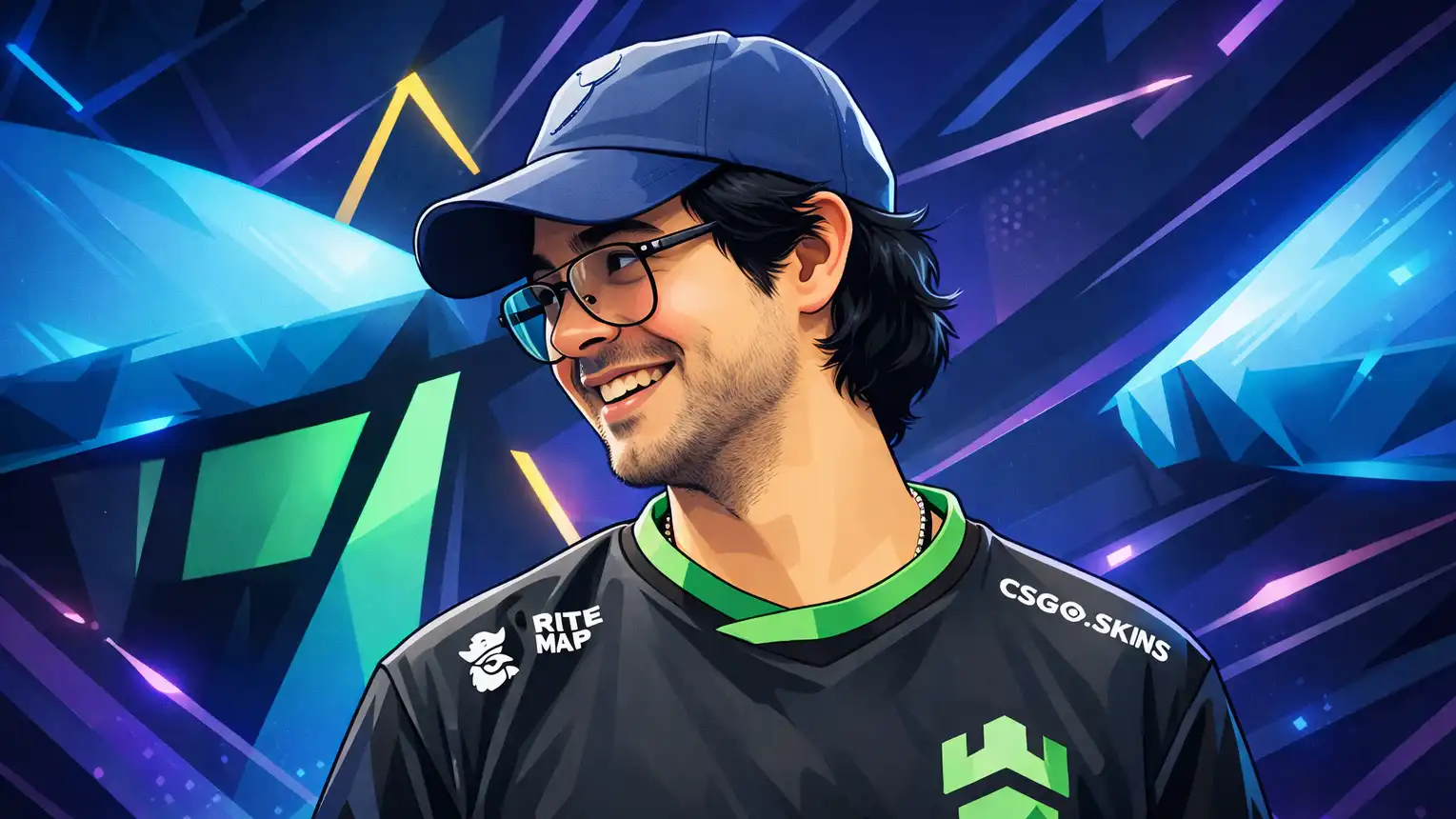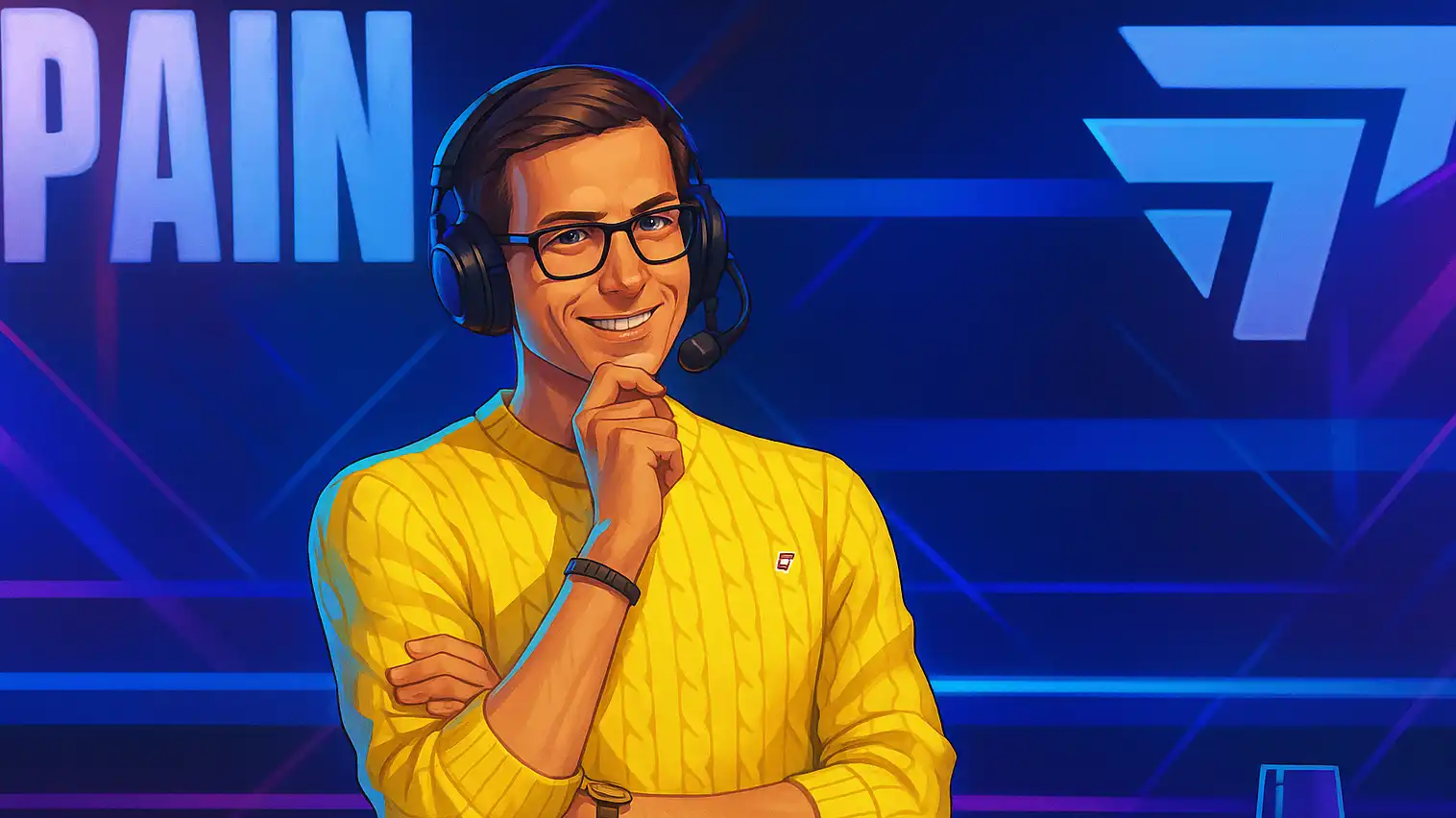JT reflects after Passion UA’s StarSeries Fall exit
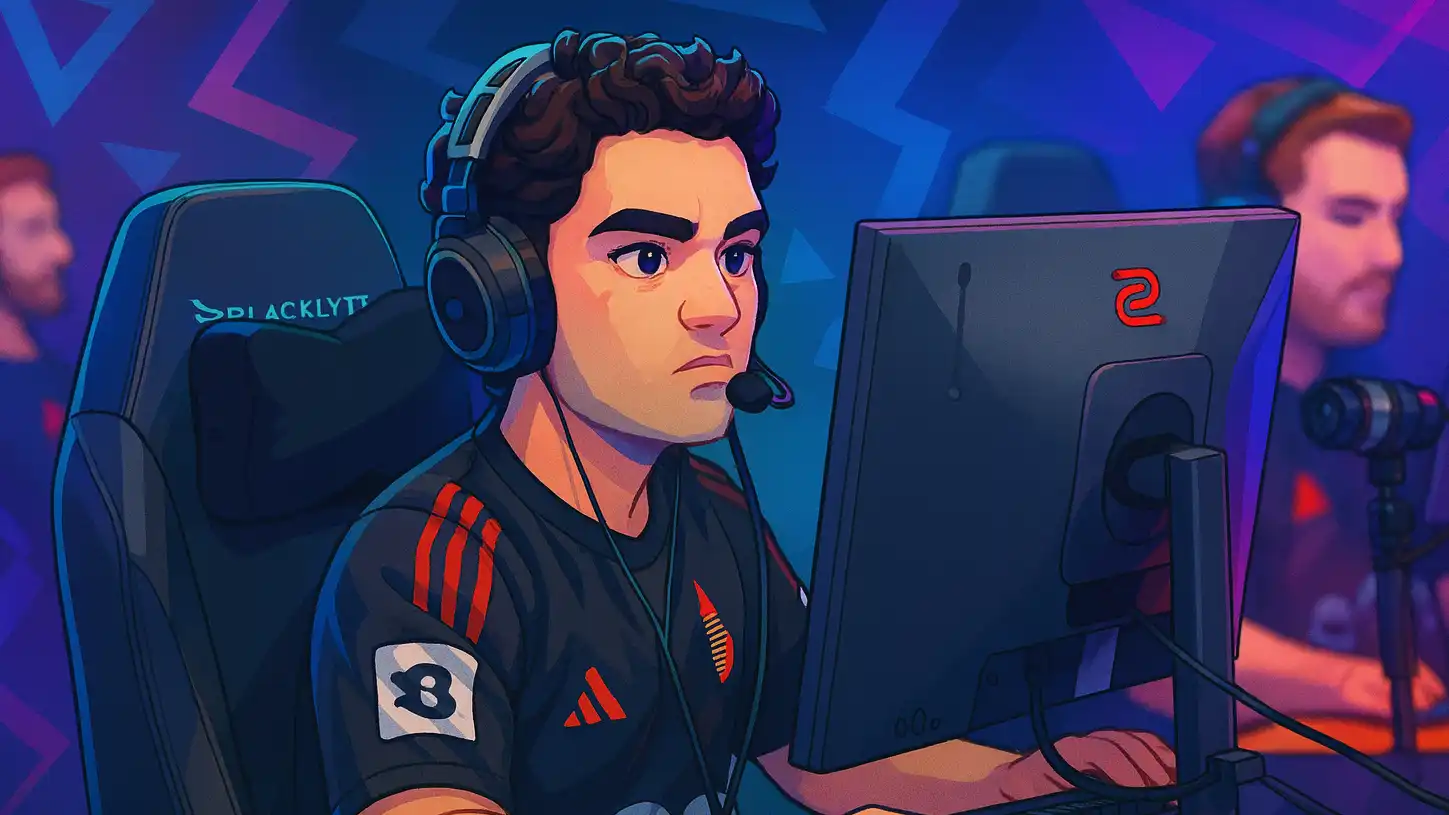
“At Least in Practice We’re Getting Better Rapidly” — JT reflects after Passion UA’s StarSeries Fall exit
Johnny “JT” Theodosiou, in-game leader for Passion UA, conceded disappointment following their exit from StarLadder StarSeries Fall 2025, but expressed optimism for the future. After the team beat Gentle Mates to open the tournament, they failed to take another map in the remaining matches. Despite that, JT shared insights into the squad’s rapid growth in practice, the integration of new roster elements, and their focus on translating practice improvements into matchday results.
The event run: flashes of promise, inconsistencies under pressure
-
Opening vs Gentle Mates: Passion UA started the event with a win over Gentle Mates — an encouraging sign that they could compete under expectations. However, subsequent matches exposed recurring issues.
-
Losses without map wins: After their initial success, the team was unable to secure even a single map win in their remaining fixtures at StarSeries Fall and ultimately was eliminated from the event earlier than desired.
This contrast — a strong practice environment and weaker match outcomes — became a central theme in JT’s post-match reflections.
What JT sees as changing: what’s working and what needs improvement
What’s gone right
-
Improved practice environment
JT said that they now have “a full staff, two coaches, everything we need to succeed”. This upgrade in infrastructure has helped stabilize the team’s preparation approach. -
Rapid improvement in practice
He noted that despite recent struggles on match day, the team is improving quickly in practice. Strategies, communication, protocols — all are being refined. The issue, in his view, is translating that improvement to actual match performance. -
Incorporation of Kvem
The addition of Vladyslav “Kvem” Korol has been smoother than some expected. JT praised Kvem as a talented and vocal player, who is integrating well into the team’s system and culture. JT hopes that once Kvem is utilized fully, he’ll become one of Passion UA’s best players.
What remains a challenge
-
Matchday execution
While practice has seen strong growth, matches still reveal errors: on Train, protocols miscommunicated in critical rounds; on Dust2, poor CT start and mistakes on T-side at key moments allowed opponents to close the maps. -
Mental translation of preparation
JT admitted that knowing what needs to change is one thing; doing it consistently under the pressure of official matches is another. Execution under pressure remains the part they’re working hardest to fix. -
Map-specific weak spots
Train in particular has been a problematic map. JT referenced that recent matches have shown recurring issues on that map, despite identifying later what’s going wrong. The consistency of performance across maps varies.
Context: Roster changes, VRS, and competitive pressure
-
Roster overhaul: Passion UA’s new core includes players from elsewhere, combined with Kvem. Early performance has been uneven. JT emphasized that the roster has had only a short time to gel. Better structure and leadership support are helping resolve that.
-
Valve Regional Standings (VRS) implications: StarLadder StarSeries Fall is important not just for immediate results, but for gaining VRS points. These points influence invitations, qualifying paths, and seeding in future events. Passion UA is aware that they can’t afford frequent early exits if they aim for higher prestige tournaments.
-
Upcoming events: JT expressed hope that upcoming tournaments like DraculaN and Riga will better reflect the improvements the team is making in practice, as they apply what they've learned. He views them as opportunities to show growth more visibly.
Why Passion UA’s path is intriguing now
-
Many teams talk about “practice improvements”, but what sets a team apart is how swiftly and cleanly those translate under match pressure. Passion UA is at that inflection point.
-
The added staff (coaches), clarity in communication, and player roles (especially integrating Kvem) are structural shifts that often precede longer-term success.
-
The concept of "knowing but not executing" suggests their next gains will come less from new ideas and more from refining discipline, mental resilience, and closing tight rounds.
What to watch in next tournaments
-
First and last rounds of each map — especially pistol rounds and conversions (saving/eco rounds) to see whether smaller mistakes that snowball are being eliminated.
-
Train map performance — seeing whether their recurring struggles on Train are counteracted with clearer protocols and improved mid-round decision-making.
-
Behavior in high-pressure series — matches against stronger opponents or situations where maps are tied will show whether the team can bring the “A game” JT refers to.
-
Role of Kvem — his individual performance, callouts, impact rounds — whether his integration accelerates and gives Passion UA a leverage point.
Bottom line
-
Who: Johnny “JT” Theodosiou, IGL for Passion UA.
-
What: After a promising start to StarSeries Fall 2025, Passion UA fell short in match outcomes. JT remains optimistic, pointing to strong practice improvements, better setup and coaching, and a new roster piece in Kvem.
-
Why it matters: Growth in practice and improved infrastructure show they’re serious. The test now is consistency under match pressure. The gap between practice and performance is narrowing, but not closed.
-
Where to look next: Their upcoming events (DraculaN, Riga etc.), match performance on maps like Train, how often they can close out maps, and overall stability in big rounds will define whether Passion UA shifts from hopefuls to contenders.


